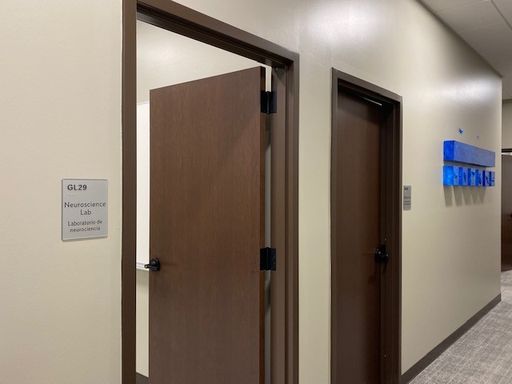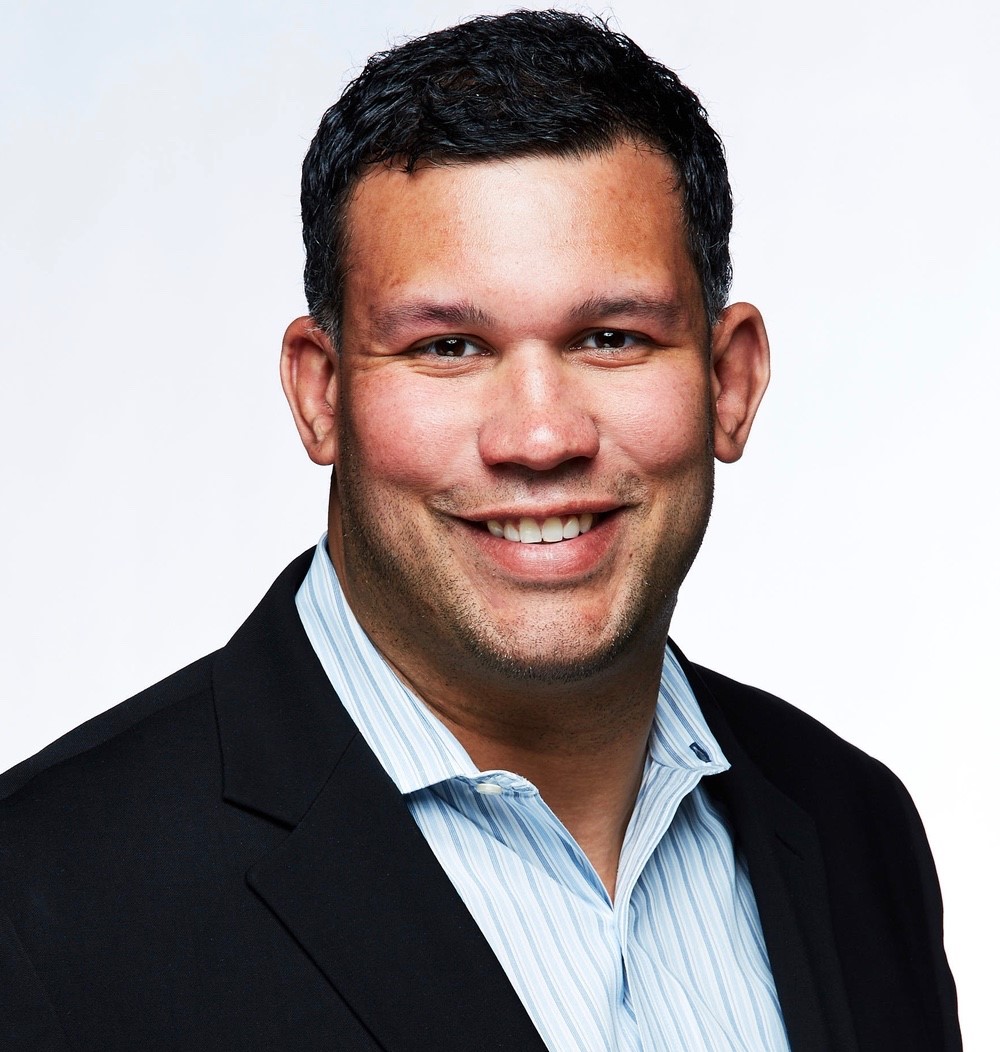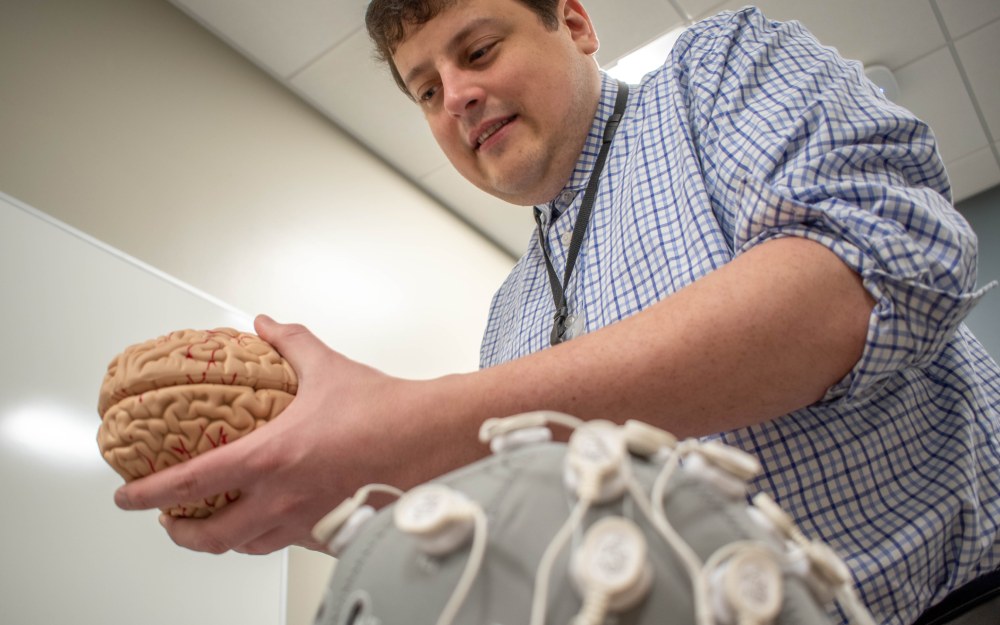
Facebook Live showcases how Rogers Research Center is transforming the field
03/23/22 06:26:pm
“Because of Rogers’ focus on patient outcomes, we have incredible baselines on which to build research protocols and data that assist us in studying how to help patients get better faster,” she said.
Sheldon Garrison, PhD, a research scientist who leads the Research Center’s genetics and neuroscience research program, joined the Facebook Live with Dr. Piacsek, which was held on February 24 and reached over 1,300 viewers.
They discussed how the Research Center, which opened last year in the Ladish Co. Foundation Center, is taking research to a new level to accelerate our learning and deliver innovations to the field to improve effectiveness of mental health practices. They also explored the importance of research and the role of technology.
According to Dr. Piacsek, Rogers is unique in that it has its own dedicated research center, as typically, only multidisciplinary health systems or academic systems do.

The Research Center is currently engaged in 66 active studies, many of which involve national academic and clinical partners, including Harvard University, University of California San Francisco, Baylor University, and Aurora Behavioral Health. In fact, Rogers has partnered with more than 30 research collaborators over the past five years.
“Everything is best done in collaboration,” Dr. Piacsek said. “No one ever has all the answers, so we embrace our collaborations.”
One of the Research Center’s strongest partners is internal: the Data Analytics team, formerly known as Clinical Effectiveness, which drove research activities long before the creation of the Research Center.
Every study has specific eligibility criteria, and not every study is for every patient.
“Patients in the System can find out through their treatment specialist or clinician what studies are available,” said Dr. Piacsek, adding that participation in research is never a requirement for our patients to receive the best possible clinical care.
That said, she and Dr. Garrison want people to know that their involvement makes a difference to the mental health field – even if it’s not immediate.
“A single person can dramatically influence our understanding of a condition,” said Dr. Garrison.
The ability to help people is what inspires and drives the work of the Research Center team.

“My inspiration draws not from the sadness of these stories, but from the hope and optimism that they create,” he said. “It takes new research and ideas to come to the table, so we can provide the resources for our clinicians, who are amazing, to work better with our patients and get them the tools they need to get them well.”





